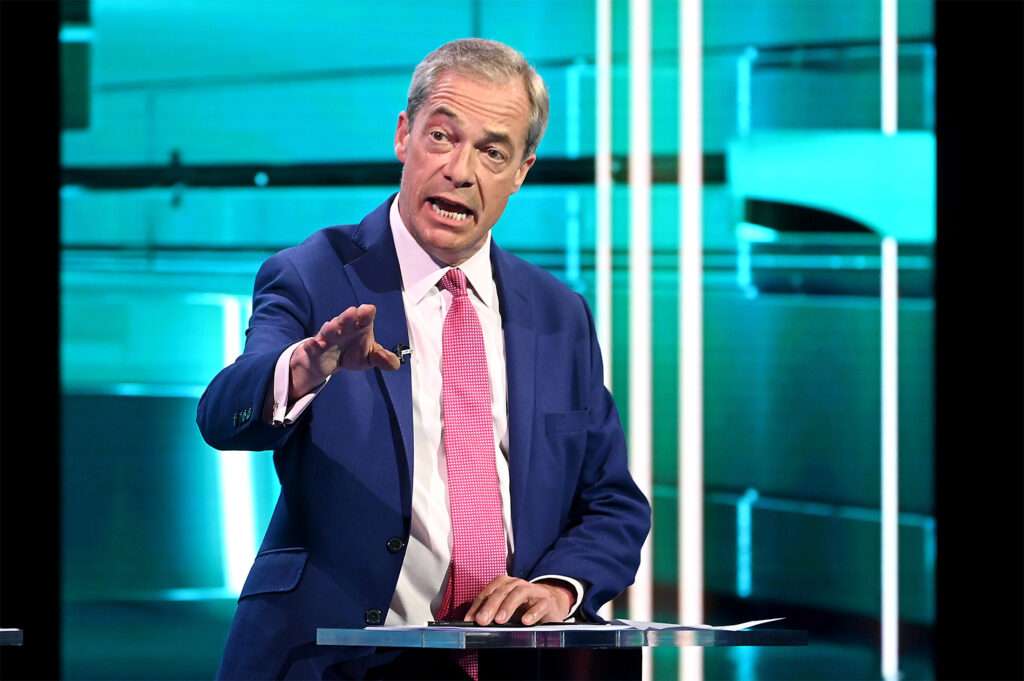The Conservative Party has secured a notable two-point lead over Sir Keir Starmer’s Labour, marking a significant shift in UK politics during Kemi Badenoch’s inaugural week as leader.
According to a poll conducted by More in Common, the Tories now stand at 29 percent of the vote, while Labour trails at 27 percent. This is the highest level of support for the Conservatives since February.
Labour’s decline comes just months after its landslide victory in July. The party won a 174-seat majority with 34 percent of the vote, dealing Rishi Sunak’s Conservatives their most crushing defeat in history.
However, the aftershocks of Chancellor Rachel Reeves’ controversial £40 billion tax measures have eroded Labour’s advantage.
Budget Sparks Backlash
The drop in Labour’s support has coincided with widespread discontent following the recent Budget, which included an inheritance tax extension that has drawn sharp criticism, particularly from the agricultural sector.
Thousands of farmers are expected to converge in London later this month to protest the changes, which they argue endanger the future of family-owned farms and the UK’s food security.
The policy mandates a 20 percent tax on inherited agricultural assets valued at over £1 million, starting in April 2026. Farmers have accused the government of “traumatizing” their communities with this measure.
Adding to the strain, major business organizations have voiced their anger over a Budget decision to increase employer national insurance contributions from 13.8 percent to 15 percent.
This move, they argue, goes against Labour’s manifesto pledge not to raise taxes for working individuals. The higher costs are expected to trickle down to employees through reduced wages, compounding economic anxieties.
Conservative Rebound
The surge in support for the Conservatives under Badenoch’s leadership is part of a broader trend reflected in multiple polls.
The Techne UK weekly tracker revealed that Badenoch has managed to narrow Labour’s lead by two points within her first week in office. Despite this boost, More in Common director Luke Tryl advised caution, noting that “at this stage, people are not that familiar” with Badenoch.
“As that familiarity figure grows, the early first impressions she makes as leader of the opposition will be key to setting the course of her leadership,” Tryl added.
Currently, Badenoch’s net approval rating sits at -3, a marked improvement over Starmer’s -25 points. However, only one-third of respondents reported being familiar with her, underscoring the importance of her upcoming public engagements in shaping her image.
Shifts in Political Landscape
The latest poll results also show Nigel Farage’s Reform UK maintaining its momentum, climbing to 19 percent of the vote—up from 18 percent earlier in November. Meanwhile, the Liberal Democrats saw a decline, slipping from 14 percent to 11 percent, and the Green Party remained static at 8 percent.

According to Mr. Tryl, the distribution of votes is reshaping the political landscape, making the UK resemble a “continental” country with a proportional representation system, rather than its traditional first-past-the-post format.
The Road Ahead
Badenoch’s initial success as Conservative leader has raised questions about the party’s trajectory and how it might continue to build on this early momentum. Analysts believe that as the public becomes more acquainted with Badenoch, her policies and positions will become crucial in defining her tenure.
The political climate remains fluid, with Labour facing mounting pressure to address public discontent over economic measures. Whether Badenoch can maintain and expand her party’s newfound support will depend on her strategic maneuvers in the coming weeks, as well as Labour’s response to its own challenges.
READ ALSO: Analyst Projects Strong Year-End Finish for GSE on Rising Market Indicators






















